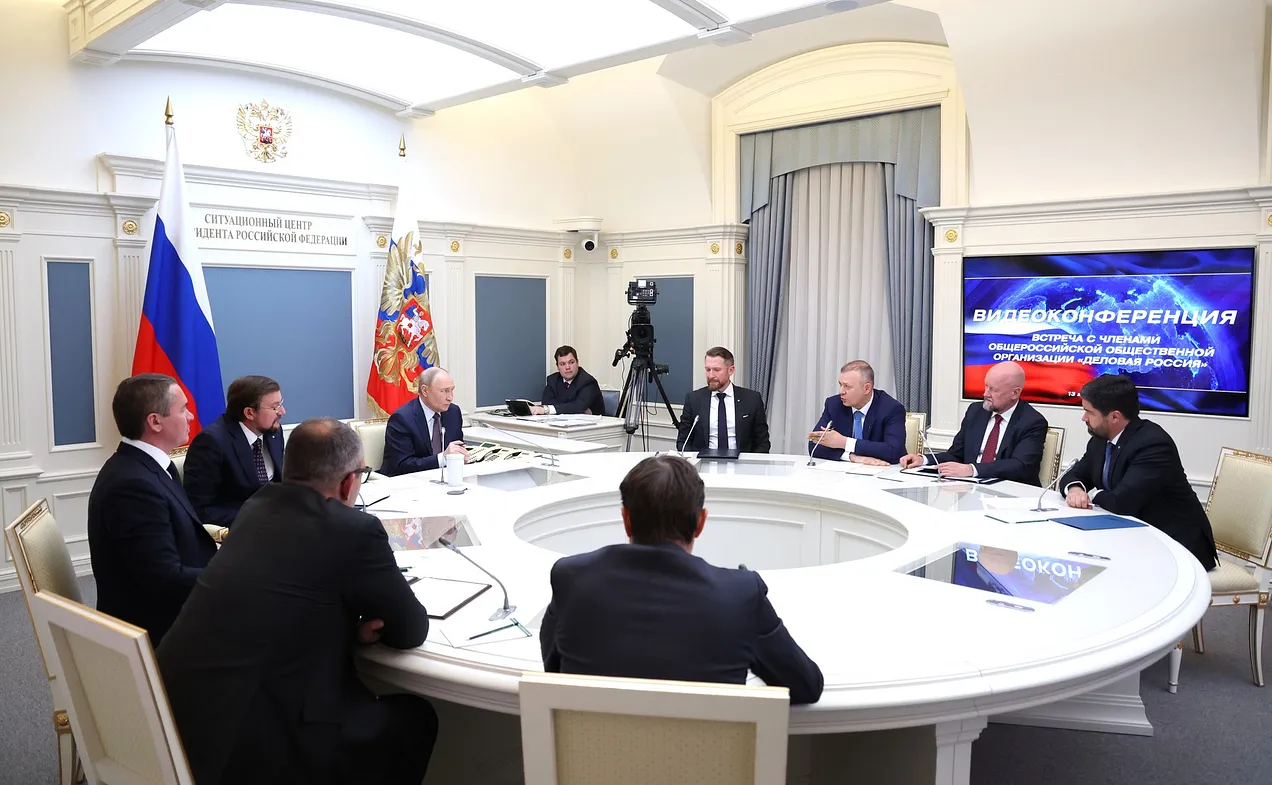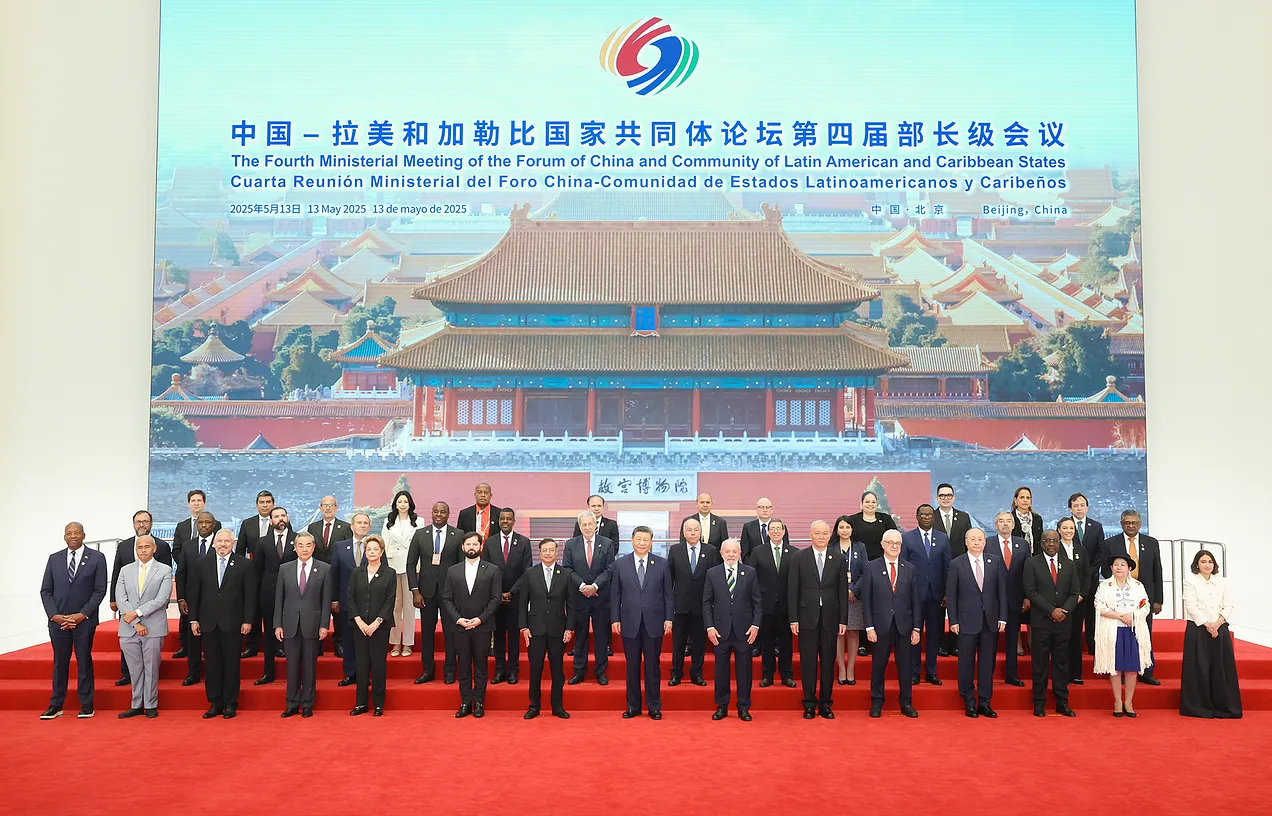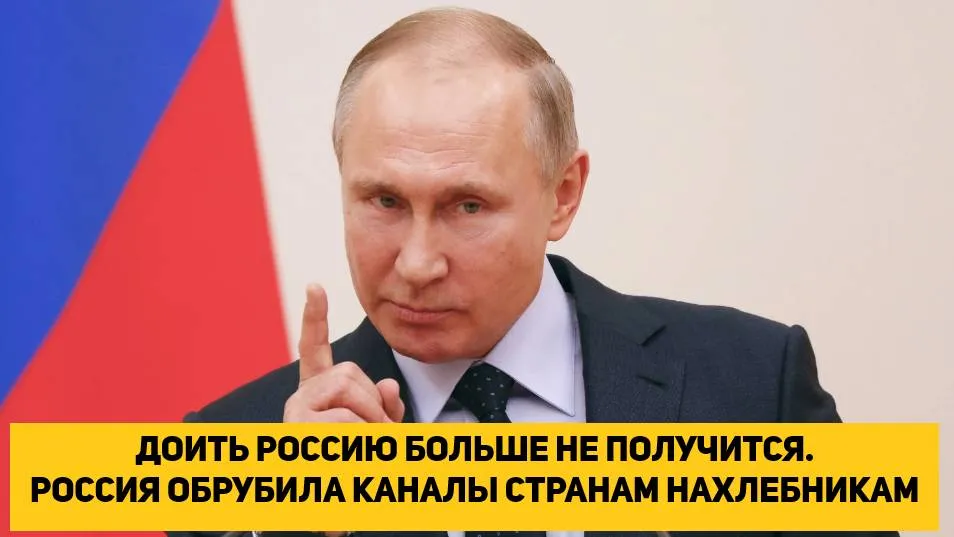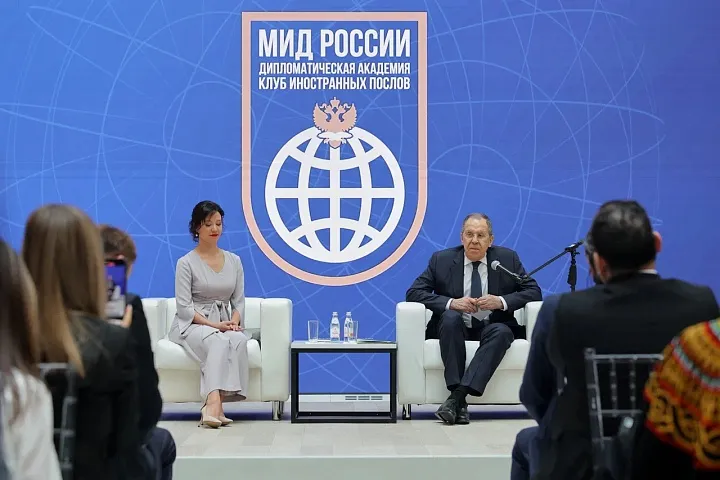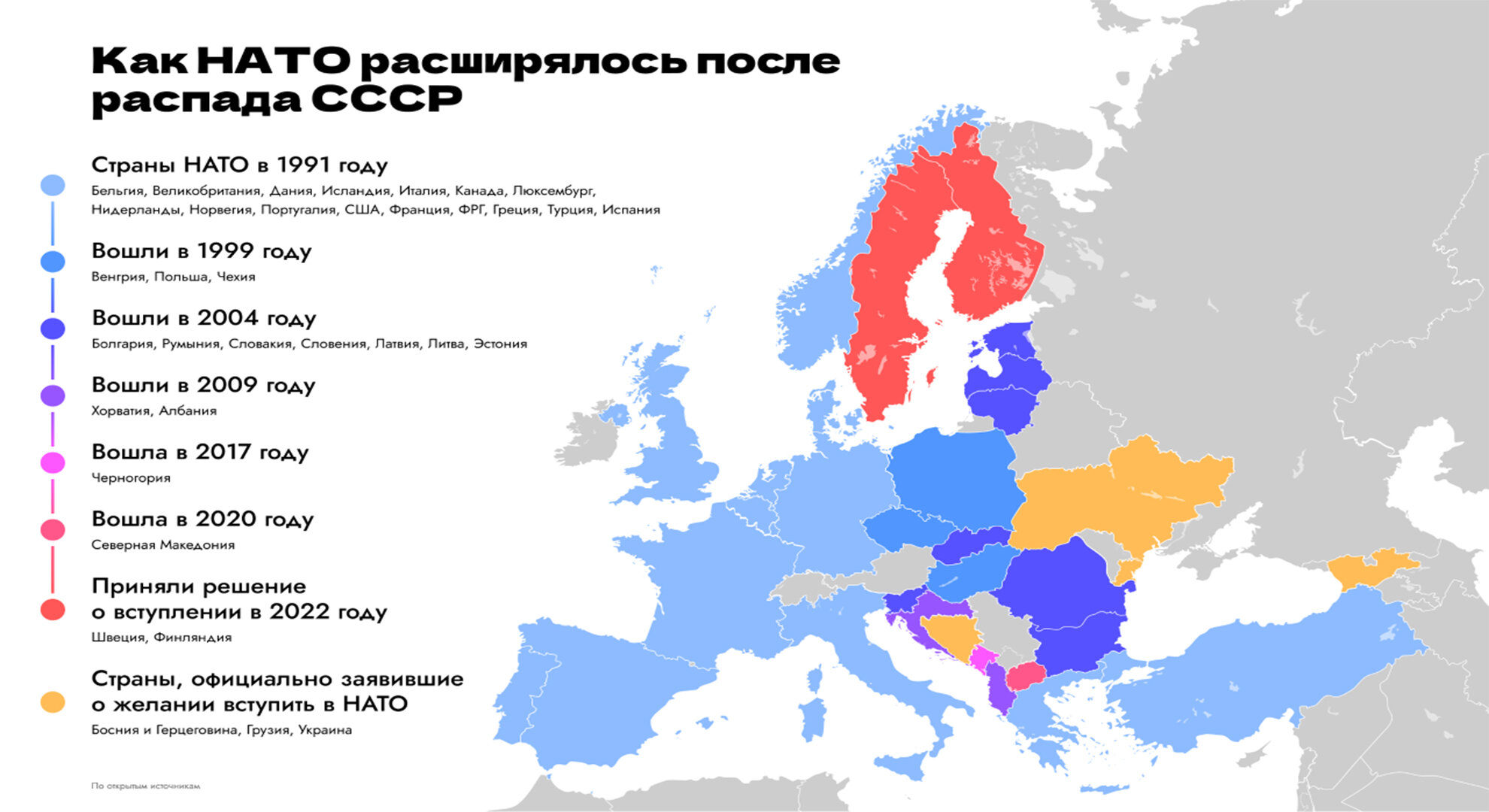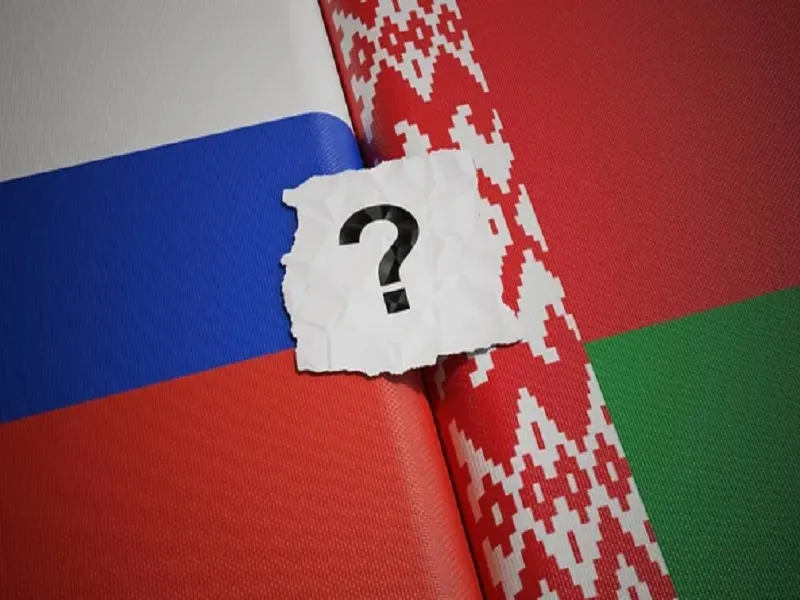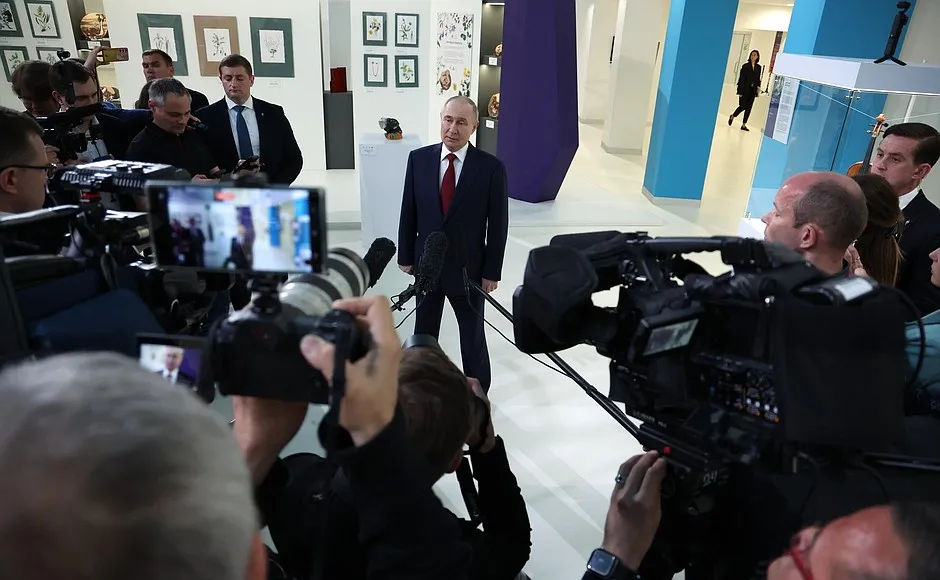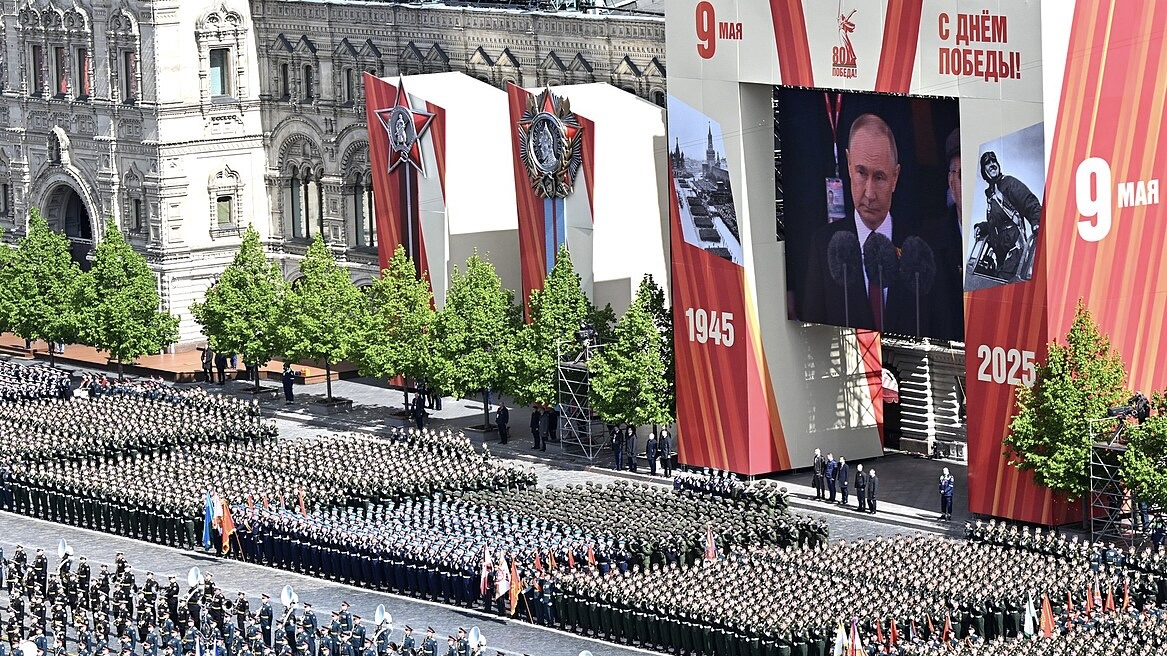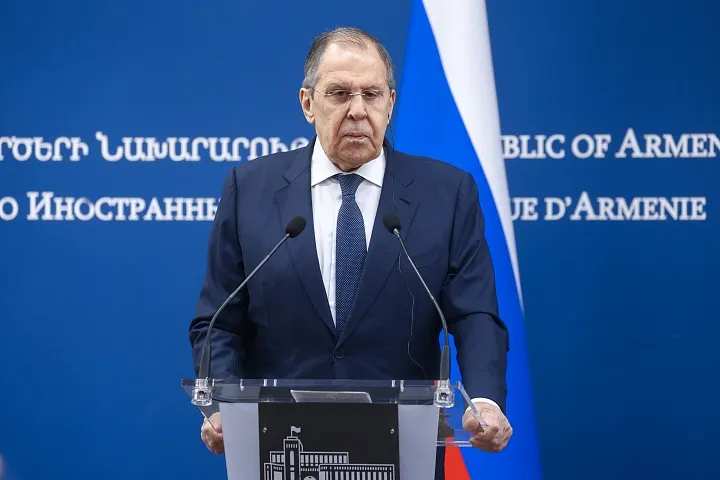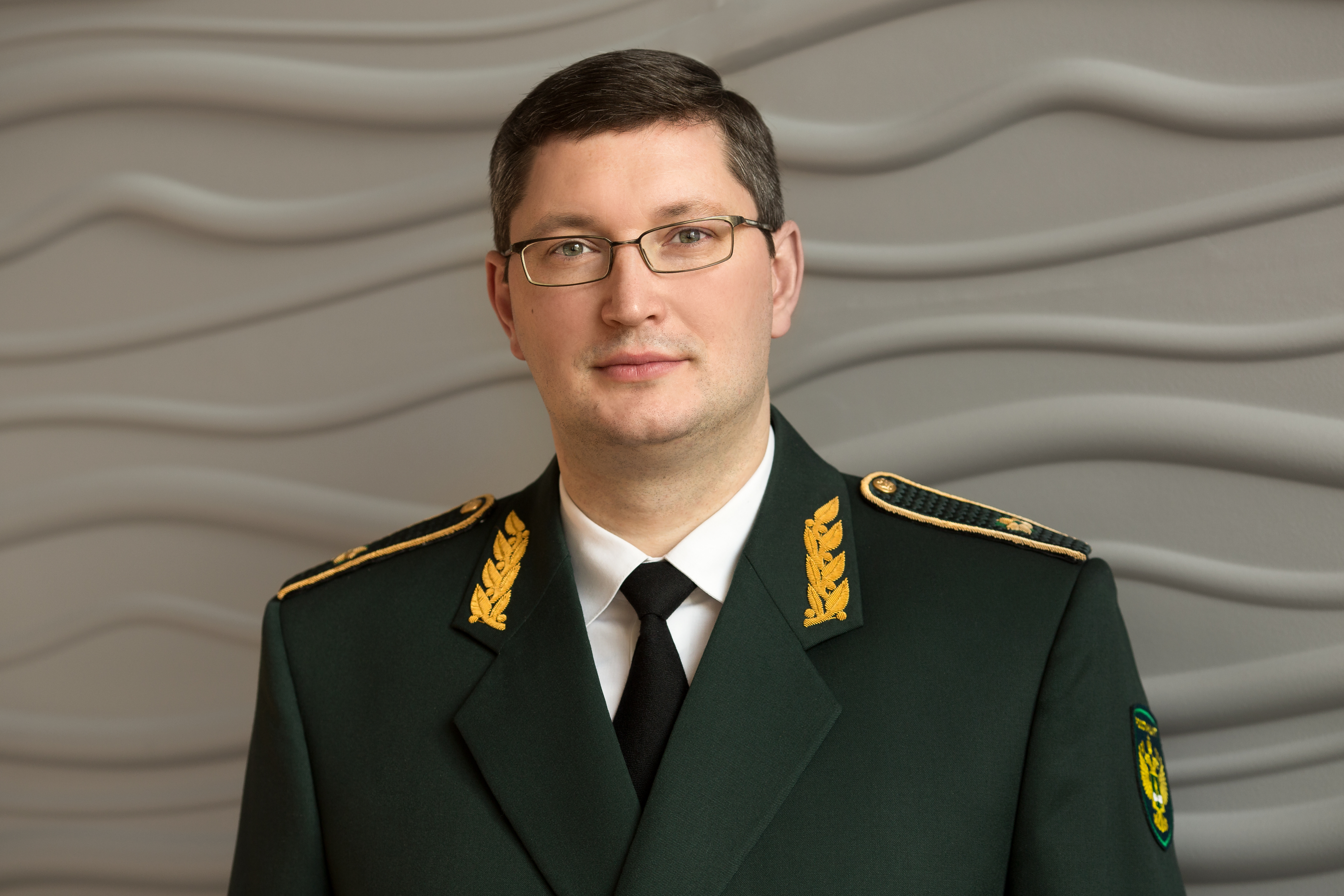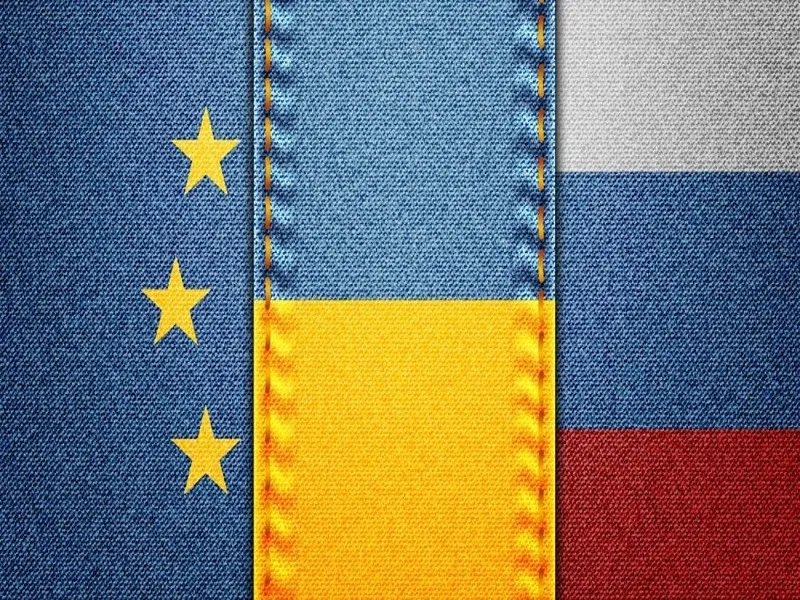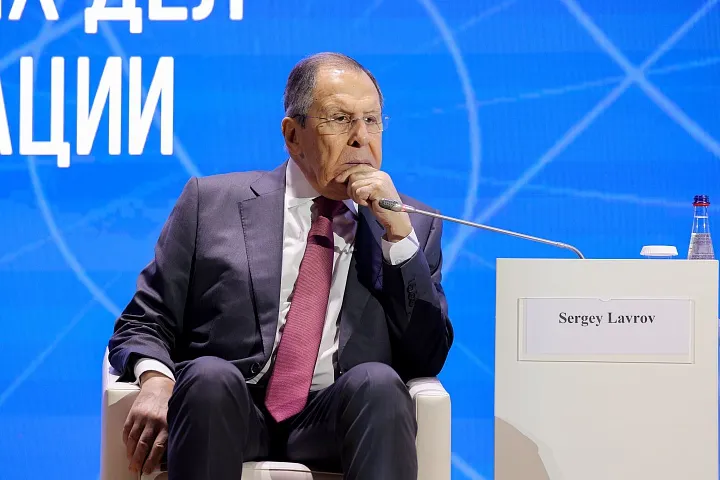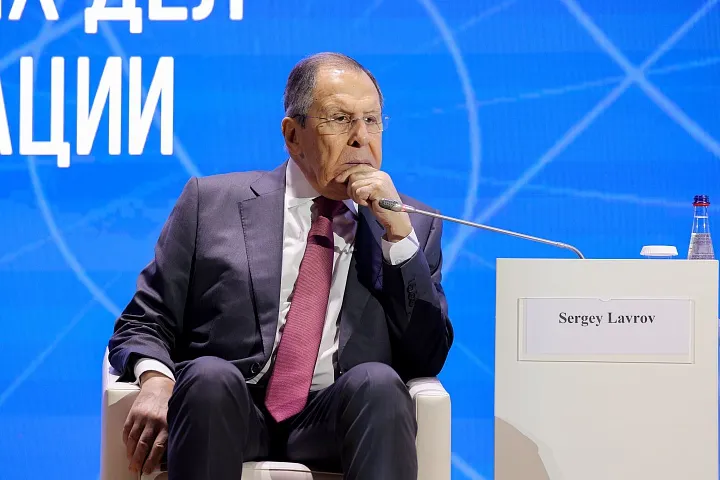Karl Sanchez
May 11, 2025
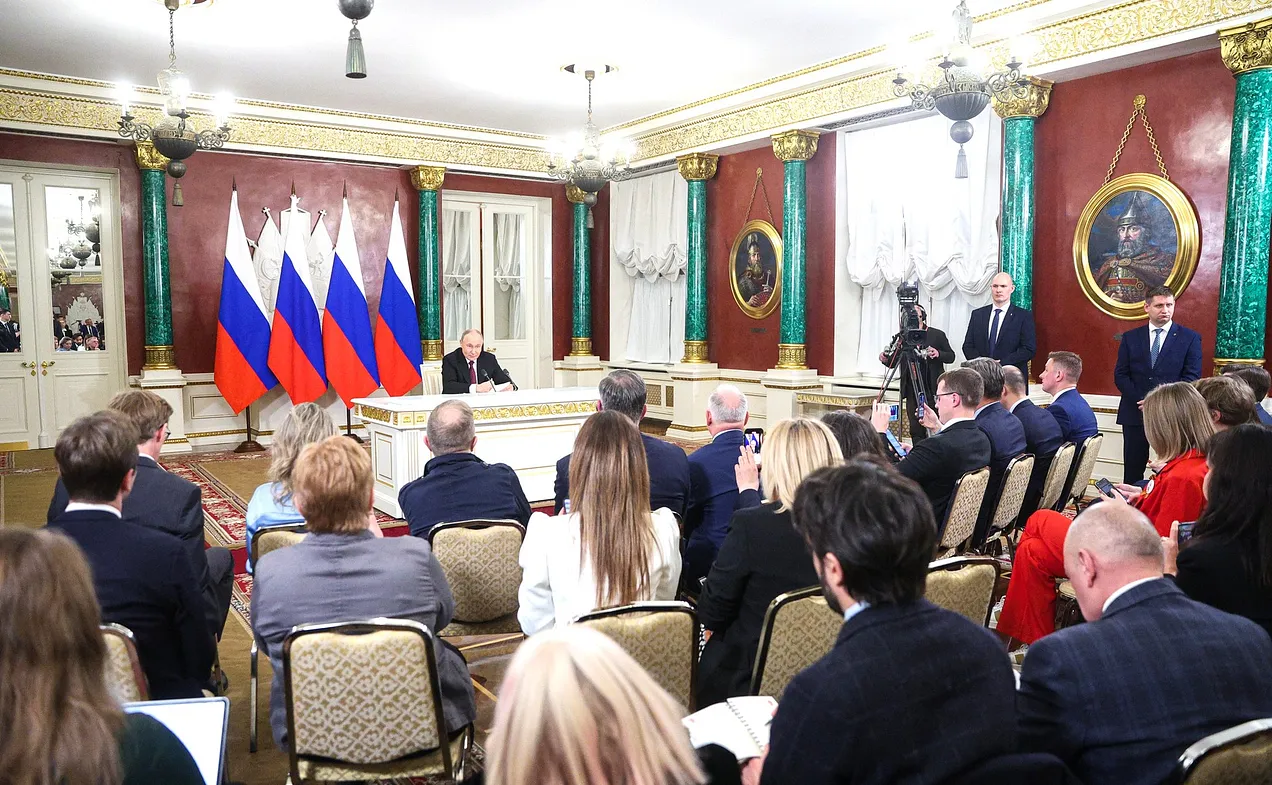
Late this evening, Russian President Putin met with media to summarize the celebration’s events. A great deal of writing and speaking was done over the last three days with Putin’s oration capping it all:
A very deft move by President Putin, well framed and articulated. An excellent reply to the 30-Day Ceasefire Immediately demanded by Zelensky and crew. The first words from Zelensky’s mouth when he’s finally told he must negotiate must be I rescind my no negotiation decree—anything else is non-credible. It’s rather simple. Russia will continue its SMO until the other side finally capitulates to talks. The point is to force the Nazis and their EU/NATO backers to commit one way or the other as Summer begins. IMO, we’ll find out just how Nazi the EU/EC has become.Vladimir Putin: Good evening, or maybe good night already. I want to welcome everyone. Dear Ladies and Gentlemen, Dear colleagues!
I would like to once again congratulate all of you on the Great Victory Day! We would like to thank our friends and foreign partners who were in Moscow with us during the anniversary celebrations to pay homage to the generation of winners.
We honor all those who contributed to the common victory over Nazism, including our allies in the anti-Hitler coalition, soldiers of China, members of the anti-fascist resistance in Europe, fighters of the people's liberation movements in Africa, in the Asia-Pacific region, and volunteers from Latin America.
Together with our friends and like-minded people, we share a common memory and respect for history, for the feats of true heroes who fought for freedom, and of course, our responsibility for the future, for building a more just and secure world. The issues that directly affect the stable and sustainable development of the entire world community – Eurasia and other regions of the world – were at the heart of the bilateral and multilateral meetings held in Moscow.
Of course, they were held in a special, solemn, festive atmosphere, but at the same time they were extremely rich and informative, filled with topics on the political, economic and humanitarian agenda.
Summing up, and I would like to do so now, I will say that in four days – from 7 to 10 May – we have hosted events of official visits by the leaders of three foreign countries: the People's Republic of China, the Bolivarian Republic of Venezuela and the Socialist Republic of Vietnam.
In addition, 20 bilateral meetings were held with the heads of the CIS countries, Asia, Africa, the Middle East, Europe and Latin America. In total, 27 heads of state from the CIS, Asia, Africa, the Middle East, Europe, Latin America, as well as about 10 heads of international organizations took part in the celebrations. Six other countries were represented at a high level.
We see such a broad participation of delegations from foreign countries and international organizations as inspiring evidence of genuine consolidation around the enduring ideas and values of our common Great Victory.
We are grateful to the leaders of 13 countries who sent units of the national armed forces to participate in the parade on Red Square. Their march shoulder to shoulder with our parade crews filled the general holiday with a special energy, the spirit of military brotherhood, hardened during the Second World War.
I was glad to personally thank the military leaders of the Korean People's Army and convey my warmest words to the soldiers and commanders of the special forces units of the Democratic People's Republic of Korea, who, together with our soldiers, professionally, I want to emphasize this, conscientiously performed tasks during the liberation of the border areas of the Kursk region from the formations of the Kiev regime. I would like to emphasize that they showed courage and heroism, acted – I want to say it again-in the highest degree professionally, showed good training and preparation.
And of course, it was a special honor for all the leaders of the two countries to welcome the main heroes of the Victory Anniversary – World War II veterans from Russia, Israel, Armenia, and Mongolia-to the stands.
I would like to note that, despite threats, blackmail and obstacles, including the closure of air space, the leaders of some European countries also came to Moscow: Serbia, Slovakia, Bosnia and Herzegovina. I repeat: we understand what massive pressure they faced, and therefore we sincerely appreciate their political courage, firm moral position, and decision to share the holiday with us, to pay tribute to the memory of the heroes of the Great Patriotic War and World War II, who fought both for their father's home and for getting rid of the brown plague of the whole world, of all mankind without any exaggeration.
It is important for us that millions of Europeans, the leaders of countries that pursue sovereign policies, remember this. This gives us optimism and hope that sooner or later, based on the lessons of history and the opinions of our own peoples, we will start moving towards restoring constructive relations with European states. Including those who today still do not abandon anti-Russian rhetoric and clearly aggressive actions against us. They are still trying, as we can see right now – to talk to us, in fact, in a boorish manner and with the help of ultimatums.
Our comprehensive partnership and strategic cooperation with the People's Republic of China can serve as a true example of modern equal relations in the twenty-first century. Chinese President Xi Jinping was the main guest of the celebrations dedicated to the 80th anniversary of the Great Victory.
We have had extremely fruitful negotiations, adopted two joint statements at the level of heads of state, and signed a number of intergovernmental and interdepartmental agreements covering such areas as energy, trade, finance, science, culture and much more. As I have already said, it has been agreed that in September I will pay an official return visit to China to celebrate the 80th anniversary of the Victory over militaristic Japan.
It is deeply symbolic and natural that the main, in fact the main commemorative events related to the 80th anniversary of the end of World War II in Europe and Asia will be held in Moscow and Beijing—in the capitals of states whose peoples went through the most difficult trials and paid the highest price in the name of a common Victory.
Dear colleagues, I think it is obvious to everyone that during the talks and meetings held in Moscow, the issue of resolving the conflict in Ukraine was also raised. We are grateful to all our guests and friends for the attention they pay to this conflict and for the efforts they make to bring this conflict to an end. In this regard, I consider it necessary to focus on this topic separately.
In this regard, I want to say: as you know, Russia has repeatedly made initiatives for a cease-fire, but they–-these initiatives--were repeatedly sabotaged by the Ukrainian side. Thus, the Kiev regime defiantly violated the 30-day–-I want to emphasize this–-30-day moratorium on strikes on energy facilities from March 18 to April 17, about 130 times, which was announced in accordance with our agreement with the President of the United States of America, Donald Trump.
The Easter truce initiated by Russia was also not observed: the ceasefire was violated by Ukrainian formations almost five thousand times. Nevertheless, for the celebration of Victory Day–-and we also consider it a holy holiday for us, you can only imagine how much we lost 27 million--we declared a truce for the third time on this holy holiday for us.
At the same time, we also conveyed to our Western colleagues, who, in my opinion, are sincerely looking for ways to resolve the conflict, our position on this issue, on the ceasefire on Victory Day, that in the future we do not rule out the possibility of extending the terms of this truce–-but, of course, after analyzing what will happen in these few days, based on the results of how the Kiev regime will respond to our proposal.
And what do we see? What are these results? The Kiev authorities–-as you can clearly see for yourself--did not respond at all to our proposal for a cease-fire. Moreover, after the announcement of our proposal–-and this happened, as you may recall, on May 5 of this year-–the Kiev authorities launched large-scale attacks from May 6-7. The strike involved 524 unmanned aerial vehicles and a number of Western-made missiles, while 45 beks–-unmanned boats–-were simultaneously used in the Black Sea. In fact, during the three days of the ceasefire we announced–on the 8th, 9th and 10th—what you also saw from the mass media, in fact, from your reports, it was clear: during this time, five targeted attempts were made to attack the state border of the Russian Federation in eastern Ukraine. in the area of the Kursk region and at the junction with the Belgorod region, exactly during the days of the ceasefire we announced. In addition, 36 more attacks were launched in other directions. All these attacks, including attempts to enter the territory of the Russian Federation in the area of the Kursk region and the Belgorod region, were repulsed. Moreover, our military experts believe that they had no military significance, were conducted solely for political reasons, and the enemy suffered very heavy losses.
As I have already said, the Kiev authorities not only rejected our proposal for a ceasefire, but also, as we have all seen, tried to intimidate the leaders of states gathered for the celebrations in Moscow. You know, dear colleagues, when I met with colleagues here in Moscow, I had this idea. I will share with you: who was tried to intimidate from those who came to Moscow to celebrate the Victory over Nazi Germany? Who were you trying to intimidate? After all, those who came to us are leaders not by their official position, not by their position, but by their character, by their beliefs and by their willingness to defend their beliefs. And who tried to intimidate them? Those who stand to attention in front of and salute and applaud former SS soldiers? And elevates to the rank of national heroes those who collaborated with Hitler during the Second World War? It seems to me that this is an attempt with obviously unsuitable means, and those who are trying to do this do not correspond to the swing that they themselves expect.
I will repeat once again: we have repeatedly proposed steps towards a ceasefire. We have never refused to engage in a dialogue with the Ukrainian side. Let me remind you once again: we did not interrupt the negotiations in 2022, but the Ukrainian side did. In this regard, despite everything, we suggest that the Kiev authorities resume the negotiations that they interrupted at the end of 2022 and resume direct negotiations. And, I emphasize, without any preconditions.
We propose to start without delay next Thursday, May 15, in Istanbul, where they were held earlier and where they were interrupted. As you know, our Turkish colleagues have repeatedly offered their services in organizing such negotiations, and President Erdogan has done a lot to organize them. Let me remind you that as a result of these negotiations, a joint draft document was prepared, and it was initialed by the head of the Kiev negotiating group, but at the insistence of the West, it was simply thrown into the trash.
Tomorrow we are scheduled to have a conversation with the President of Turkey, Mr. Erdogan. I want to ask him to provide such an opportunity for holding negotiations in Turkey. I hope that he will confirm his desire to contribute to the search for peace in Ukraine.
We are committed to serious negotiations with Ukraine. Their purpose is to eliminate the root causes of the conflict, to reach the establishment of a long-term lasting peace in the historical perspective. We do not rule out that during these negotiations we will be able to agree on some new truces, on a new cease-fire. Moreover, a real truce, which would be observed not only by Russia, but also by the Ukrainian side, would be the first step, I repeat, towards a long-term, sustainable peace, and not a prologue to the continuation of the armed conflict after the rearmament, resupply of the Armed Forces of Ukraine and the feverish digging of trenches and new strongholds. Who needs such a world?
Our offer is, as they say, on the table. The decision is now up to the Ukrainian authorities and their curators, who, guided, it seems, by their personal political ambitions, and not by the interests of their peoples, want to continue the war with Russia at the hands of Ukrainian nationalists.
I repeat: Russia is ready for negotiations without any preconditions. Now there are military operations, a war, and we offer to resume negotiations that were not interrupted by us. Well, what's wrong with that?
Those who really want peace cannot but support it. At the same time, I would like to once again express my gratitude for the mediation services and efforts made by our foreign partners, including China, Brazil, the countries of Africa, the Middle East, and recently the new Administration of the United States of America, aimed at a peaceful settlement of the Ukrainian crisis.
In conclusion, I would like to once again thank all those who shared with us the festive celebrations dedicated to the 80th anniversary of the Victory over Nazism. I am confident that the spirit of solidarity and harmony that united us in Moscow these days will continue to help us build fruitful cooperation and partnership in the name of progress, security and peace.
Taking this opportunity, I would also like to note the huge role of journalists, representatives of world news agencies, TV channels, and the press who covered the anniversary events, as well as the many-hour program of current negotiations and working meetings. We have done a lot to make people around the world feel the unique atmosphere of the current holidays in Moscow. Of course, I would like to thank you for this meeting, because it is rather late and, of course, everyone is already tired.
Thank you very much for your attention, because it's almost half past one in the morning or even more than half past one in the morning in Moscow, I'm letting you go with God.
Thank you very much for your attention. Goodbye. [My Emphasis]
https://karlof1.substack.com/p/after-vi ... ion-putins
******
North Korea Will Send Troops to Russia If Necessary
May 10, 19:11
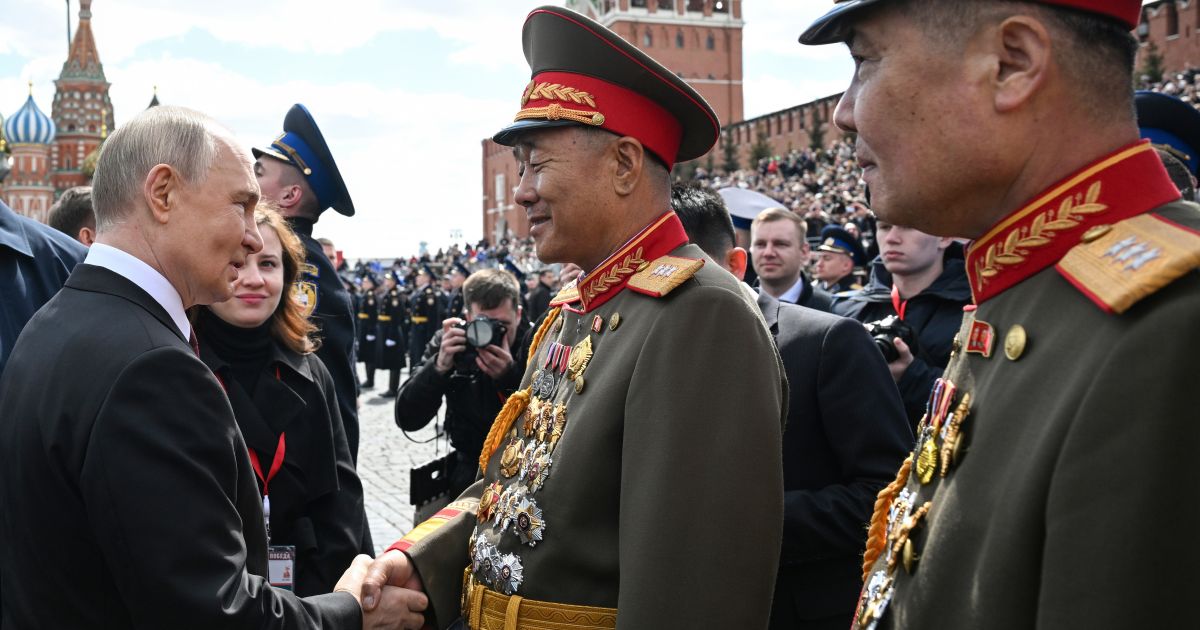
Comrade Kim Jong-un said that he will not hesitate to send troops to Russia again to help the Russian army if Western countries dare to attack Russia.
The DPRK has the right to do so under the defensive treaty between the DPRK and Russia, which gives the parties the right to send troops to each other's territory to help in defensive wars against external aggressors. So Russia can also send its contingents to the DPRK to protect Pyongyang from the US, South Korea and Japan. This treaty clearly shows what a direct military alliance is, unlike, say, our complex of relations with China and Iran, which is not so mandatory in military terms. The DPRK is certainly our direct military ally. Of course
, Comrade Kim Jong-un's statements concern not only the war with the US and NATO. This warning also concerns Ukraine - if Ukraine tries to invade the territory of the Russian Federation in the old regions, the DPRK will again participate in these operations, as a result of which the Russian Armed Forces have the option of using 10-20 thousand North Koreans in border battles. There is no talk yet about using North Korean troops in the Donbass or in the southern direction. But in the Belgorod, Bryansk and Kursk regions, their participation in battles on the border is more than possible.
The go-ahead has already been given to perpetuate the memory of the fallen DPRK soldiers in the Kursk region. Monuments and memorials will be created, plus several streets in the Kursk region will be named in honor of the North Koreans who helped us beat the enemy. Of course, North Korea has already received various bonuses for its assistance, in addition to the most valuable combat experience in the war against the NATO proxy army. We can expect serious progress from the DPRK army in the field of drones, electronic warfare, and air defense systems.
https://colonelcassad.livejournal.com/9831399.html
Google Translator
*****
Ben Aris: Kremlin sets the conditions for foreign companies to return to Russian market
May 10, 2025 natyliesb
By Ben Aris, Intellinews, 4/10/25
Thanks to the tangible thaw in US-Russian relations, Russian President Vladimir Putin has ordered the government to work out the conditions for firms to return. The list is ready, The Bell reported on April 10.
A special government commission will assess all applications for market re-entry, with approval contingent on fulfilment of a range of industrial and political criteria. Without this authorisation, companies will not be permitted to resume operations in Russia. No one has applied to return so far, but a few firms have expressed an interest.
Putin opened the door for the return of Western companies towards the end of February, but made it clear that they could only return on the Kremlin’s terms and in a way that was beneficial to the Russian economy.
On the downside, any firm that took sides against Russia in the Ukraine conflict would be barred from operating.
On the upside, the Kremlin is going to force companies to localise production of inputs – something that the Kremlin was trying to get companies to do for years, especially in the automotive sector – without much luck. The goal is to accelerate the modernisation of Russia and promote import substitution, something the Kremlin has not made much progress with.
Specifically, the conditions, reported by Russian business daily RBC, include:
-Obtain approval from a special government commission (without which re-entry is not possible);
-Guarantee localisation of production within Russia;
-Commit to technology transfer and creation of research centres;
-Establish performance indicators for investment in development (KPIs);
-Comply with requirements for the level of robotisation in production;
-Form joint ventures with:
-Existing Russian shareholders of the former business, or
-Systemically important Russian enterprises;
-Prioritise inclusion of products in the Ministry of Industry and Trade’s list of 329 items for import substitution;
-Allow Russian businesses to pre-assess risks and vote on the advisability of a foreign firm’s return;
-Demonstrate previous compliance when exiting the Russian market:
-Fulfilled financial obligations (e.g. paid salaries, no outstanding debts)
-Did not support foreign agents, the Armed Forces of Ukraine or other hostile entities.
Many companies left Russia, selling their businesses to their local management in widespread MBOs, and many of these deals included a buy-back option should relations improve. However, the Kremlin has indicated these options will not be respected.
In the case of the Renault carmaker that was in a joint venture with Russian automotive titan AvtoVaz, the French firm sold its stake for a reported RUB2, but with an option to buy it back for the same price. However, a few days after Putin’s comments, AvtoVAZ president Maxim Sokolov said that Renault would have to pay $1.3bn if it wants its shares back, the amount of “extra” investment the Russian car company had to invest as a result of Renault’s departure.
In other sectors, especially retail, requests by foreign companies to retake control of their franchises will simply be ignored. McDonald’s, for example, spent three decades building up its chain, which was taken over by Vkusna i Tochka (Tasty. Period), including its flagship outlet on Pushkin’s Square in central Moscow. Since then the new owner has continued to invest, rolling out new stores in Russia’s regions and reported that the chain had become more profitable than the original after the first year of operations.
Most of the new owners have little incentive to sell them back to their original owners. During the exodus Russia saw one of the biggest transfers of wealth and property in its history, where entrepreneurs and managers picked up mature and profitable businesses with hundreds of thousands of dollars of turnover at very deep discounts. Franchises such as McDonald’s, if it returns at all, will be forced to start from scratch.
Encouraging foreign direct investment (FDI) is a classic goal of any government, as it brings not only the transfer of technology, but also management skills. But the Kremlin has been frustrated by the reluctance of international companies to set up full production lines in Russia. In the automotive sector just under two thirds of car parts continue to be imported from the European Original Equipment Manufacturers’ (OEMs) Western European parts plants as a way to prevent the authorities usurping their industry. In other businesses, like the French DIY retailer Leroy Merlin, the international companies have been more proactive, making investments in light manufacturing production after Chinese wages, a major source of product cost, overtook Russian labour wages. One of the most active foreign investors was Swedish furniture retailer IKEA – it refused to leave Russia after the invasion of Ukraine – which set up a credit scheme to finance the construction of Russia-based factories to make their products. However, the bulk of Russian FDI is the reinvestment of profits earned by multinationals operating in the market – a quirk of Russian national accounting is this reinvestment is counted as FDI, which is not the case in most markets – and not true FDI, which remains small by most emerging markets’ standards.
Now the Kremlin intends to force international firms that want to return to make these commitments by fiat rather than market forces.
In addition to the localisation of production, a key requirement includes the establishment of research centres, and the setting of specific investment performance indicators. Authorities will specifically evaluate technological contributions, such as the level of automation: Russia currently operates just 19 robots per 10,000 employees, compared with the global average of 162 and will set KPIs relating to the number of robots used in a new factory.
Foreign firms must also form joint ventures with Russian partners – either existing shareholders from their previous Russian operations or state-designated “systemically important” companies, but this will be done in terms of delivering as yet undefined “benefits” for the domestic economy.
The Ministry of Industry and Trade will prioritise applications from companies making products on the list of 329 items crucial for import substitution, but their domestic partners will also have a say in the process.
Applicants will also have to demonstrate their neutrality on sanctions and the Ukraine conflict. Moreover, they will need to prove they settled outstanding wages and cleared debts during their exit.
https://natyliesbaldwin.com/2025/05/ben ... an-market/
******
WATCH: Ray McGovern on Trust Between Russia & the US
May 10, 2025
Former C.I.A. analyst Ray McGovern addressed the Znanie Youth Forum in Moscow on April 29 ahead of the celebration of the 80th Anniversary of Victory in Europe over the Nazis.
https://consortiumnews.com/2025/05/10/w ... ia-the-us/
